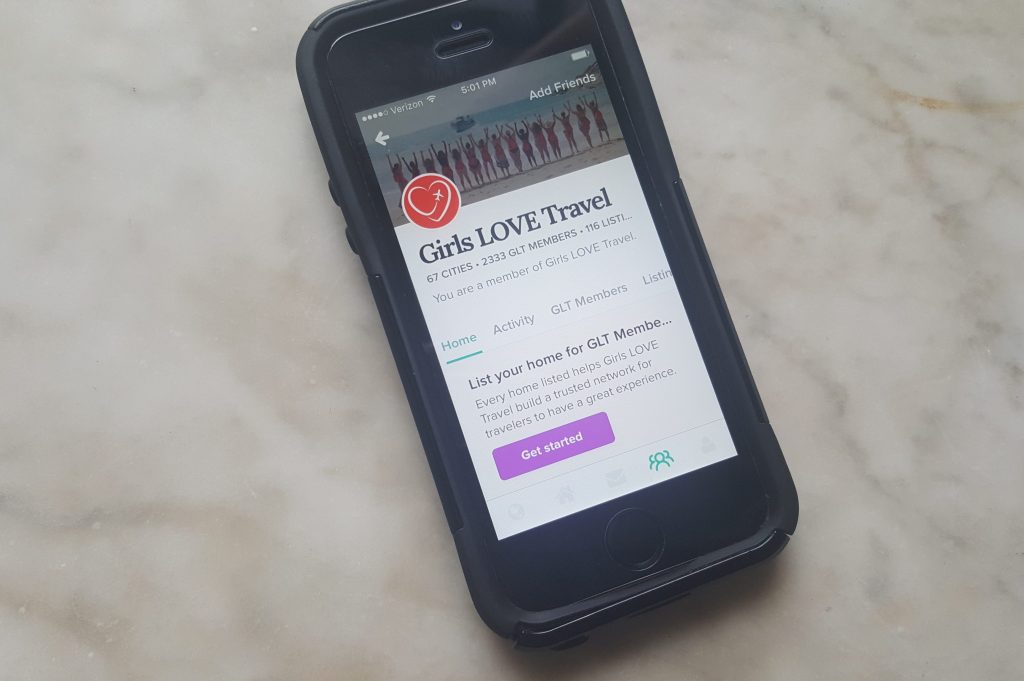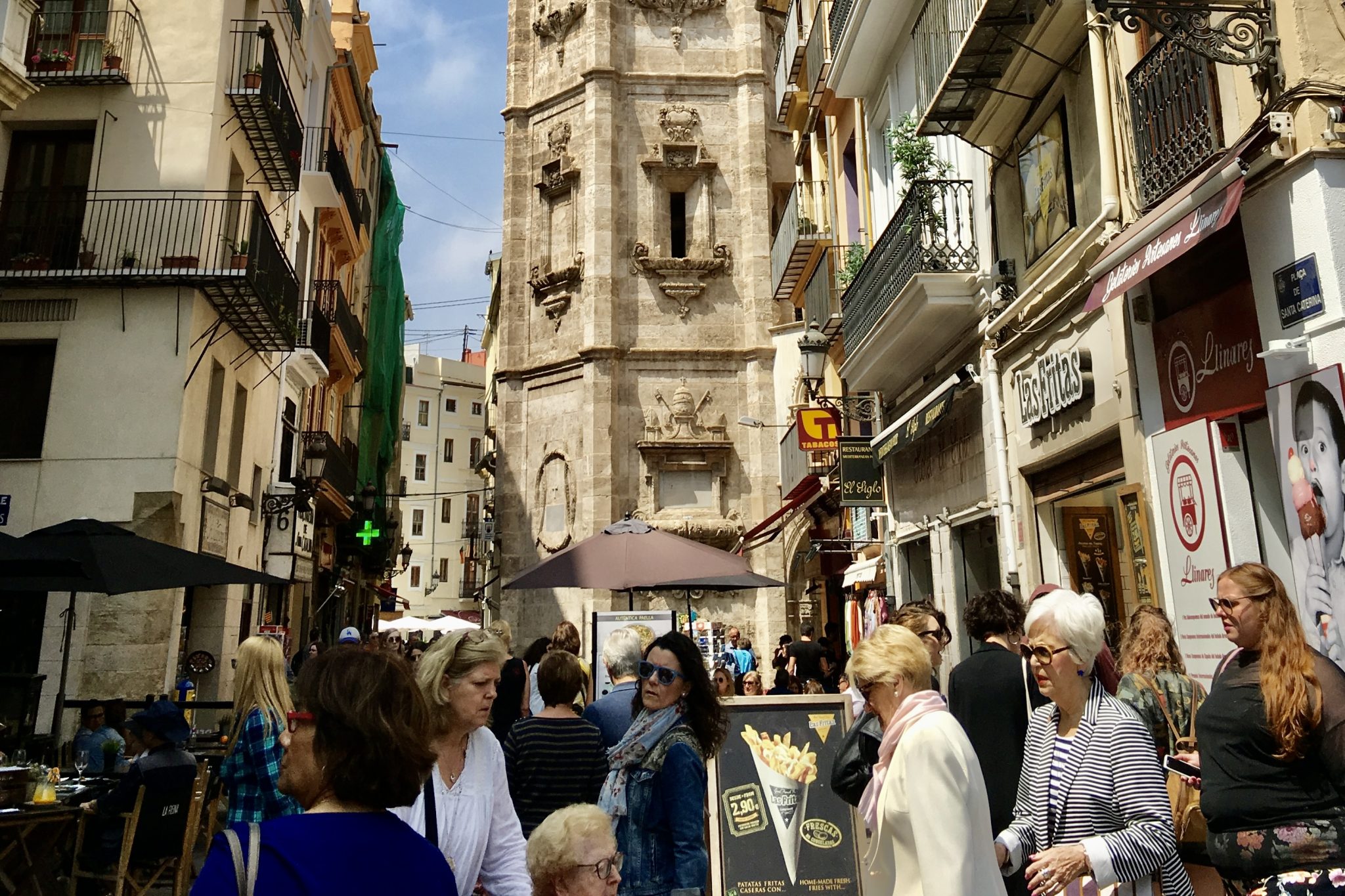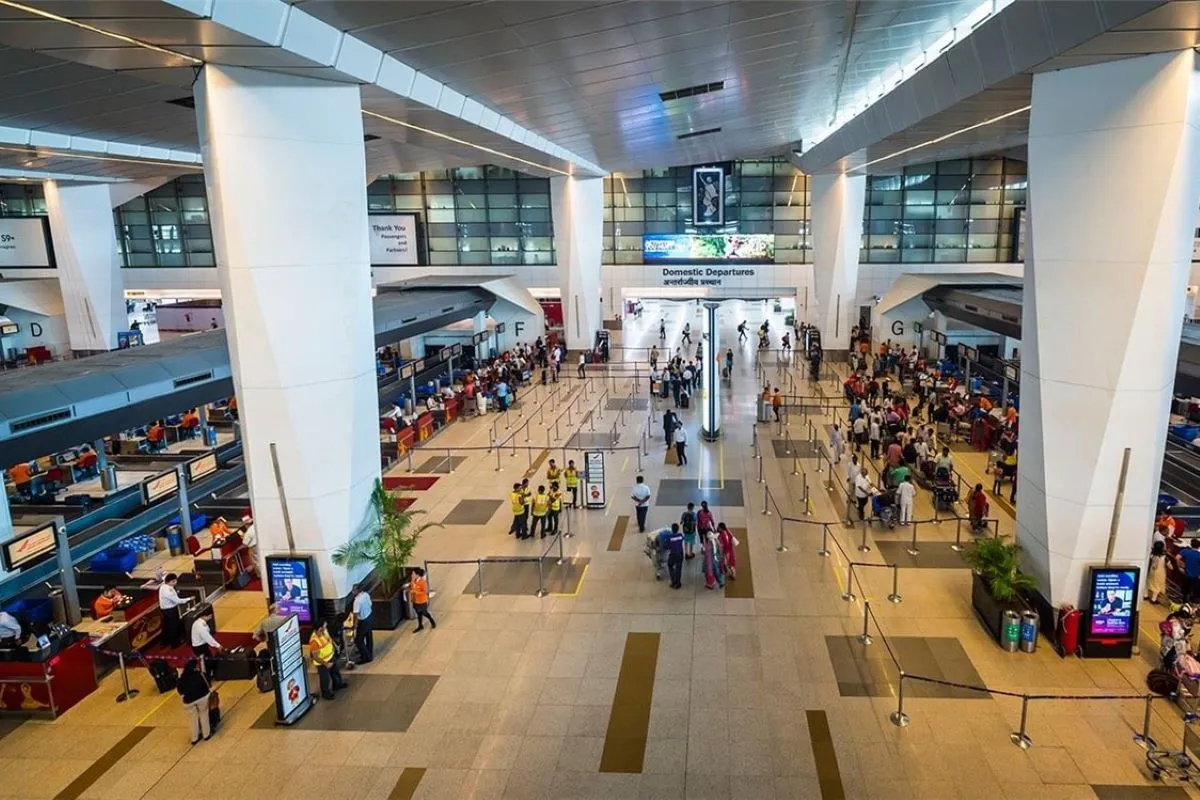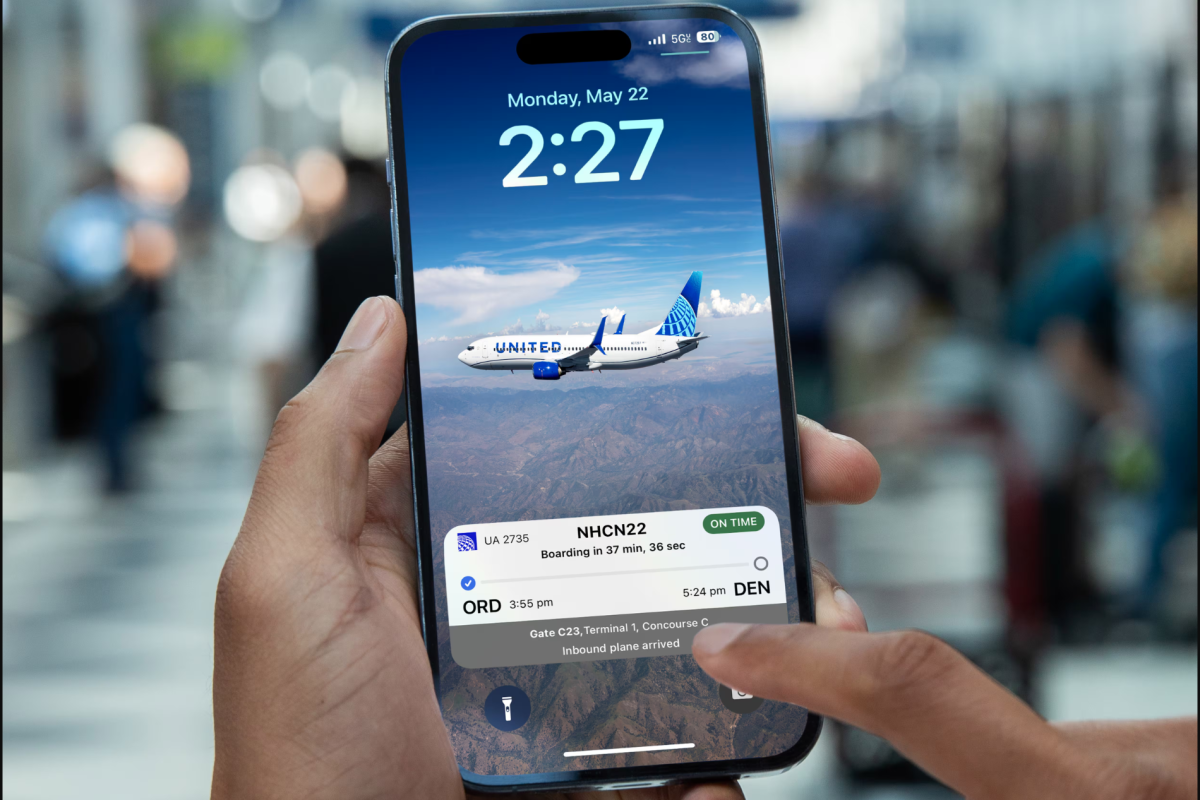Female Travelers Finding Creative Solutions in Homesharing Economy

Skift Take
Many hotels already cater to the solo female traveler with women-friendly rooms, usually with extra safety measures like double-locking doors and finishing touches like flowers and chocolates. Homesharing, however, is a bit behind that curve.
Many solo female travelers feel anxious about staying in an Airbnb, for example, preferring the usually reliable safety, comfort, and accountability at hotels.
Homesharing platform Overnight announced a new female-friendly partnership with Facebook group Girls Love Travel, which has more than 350,000 members. This private group is now integrated into the Overnight site to allow women to feel safer booking a homestay with a trusted female host, as well as becoming hosts themselves for trusted female guests.
Users can sign into Overnight's platform with their Facebook profile and then click to join the Girls Love Travel group, after which users can browse listings. Overnight CEO Asher Hunt said that new members are vetted — they can't gain access with a burner phone, for example — and the company plans to keep testing its vetting processes.
Hunt said 99 percent of hosts in the private group offer discounts to members, while many hotels actually charge a premium for those extra safety features and pink frilly perks. Women historically pay more to remain safe while traveling alone, whether for a more secure hotel room, taxis instead of walking at night, or a tour guide or translator.
What Overnight offers is more affordable and arguably more difficult to harness: trust and community support.
Hunt said Girls Love Travel founder Haley Woods is consistently "listening to her community."
"We’re always trying to understand who it is that’s traveling,” Hunt said.
He finds this level of personalization key, and he'd like to add more groups to Overnight, which helps differentiate his company from the much broader scope of Airbnb.
Hunt said that operating in the "friend economy" increases trust, which is crucial for both his business model and for serving female travelers. “Our ultimate goal is to destigmatize transactions between friends,” Hunt said.
Wanderful, which hosts events and provides resources for female travelers, recently started a women's homesharing network. This one is subscription-based at $15 per month or $119 per year, which could be a barrier to entry for some.
One problem that any new competitor must face is a lack of supply. Travelers are now accustomed to the wealth of listings on Airbnb, which has more than 3 million worldwide.
Some women concerned about security might prefer to use Airbnb and just ignore male hosts or take other measures to sort by quality. For example, they might only search for superhosts. Nearly 60 percent of superhosts are women, according to Airbnb’s report Women Hosts and Airbnb: Building a Global Community.
Overnight’s Girls Love Travel group has only 116 listings at the time of writing, and it's frequently one listing per city with a great many containing no reviews.
Smaller homesharing players like Innclusive launched to serve multicultural travelers in the wake of discrimination on Airbnb’s platform, and they face a similar supply challenge.
Airbnb has yet to add an official female-friendly option to their platform. One approach might be setting security benchmarks for a unit to be certified female-friendly.




